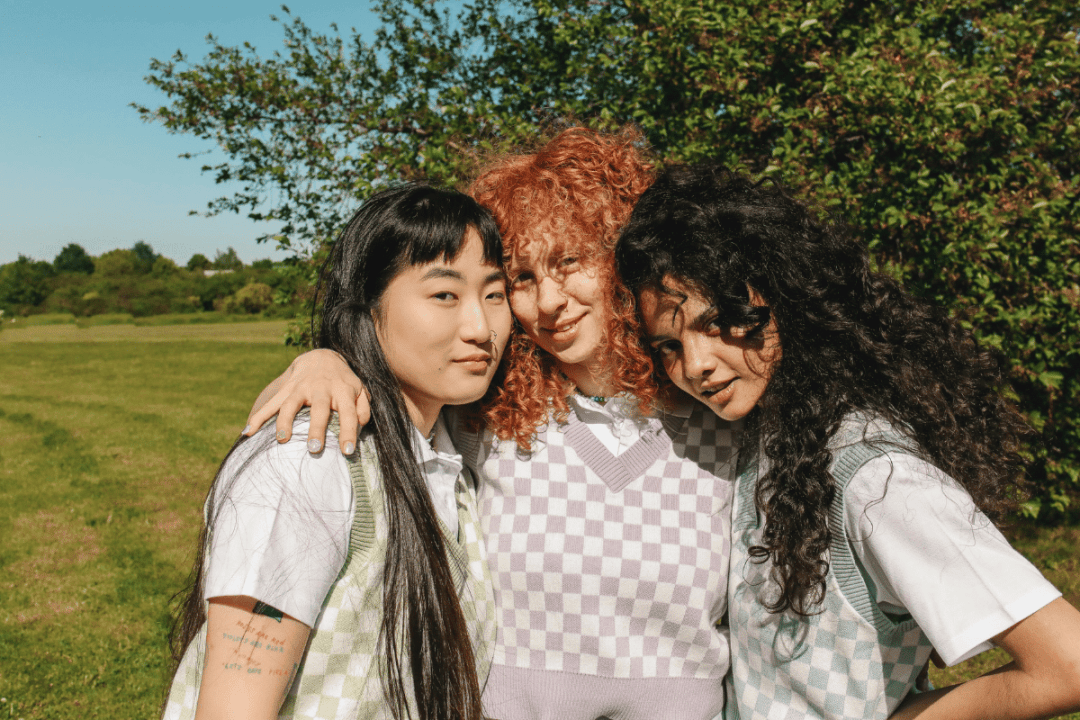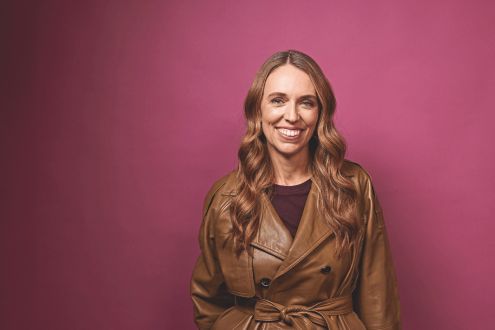Is community the key for better mental health?

To mark this year’s Mental Health Awareness Week, Kelly Gillespie-Wright discovers why community is so crucial to our mental health.
Words: Kellie Gillespie-Wright. Images: Pexels
There’s a quiet truth many of us are waking up to right now: we weren’t meant to do this alone. For too long, we’ve treated mental health as a private matter, something to manage behind closed doors, whisper about in safe spaces, or handle as a personal project. Wellbeing became something to achieve through willpower, self-discipline, or the right routine.
And yet, even with more awareness, more resources, and more open conversations, many people are still struggling. Still lonely. Still carrying too much.
What if the problem isn’t us? What if we’ve just been taught to look for healing in the wrong places? What if wellbeing isn’t just a mindset, but is instead rooted in connection? What if mental health isn’t separate from the spaces we live in, or the relationships we rely on? What if community isn’t just a support system, but care?
‘Community is an important protective factor for our mental health,’ says Alexa Knight, director of England at the Mental Health Foundation, which launched the first Mental Health Awareness Week in 2001, and is this year focusing the week on the theme of community. ‘It not only helps tackle social isolation, but it gives us a sense of belonging, safety, purpose and support.’
And by ‘community,’ we don’t mean a perfect circle of friends or an ideal social life. We mean the networks of belonging, formal or informal, that remind us we’re not alone. The neighbour who checks in. The friend who stays when you have nothing to offer. The small rituals and shared moments that tether us to each other in a world that often feels untethered. These are the ties that hold us.
When we’re connected, really connected, we become more resilient. Stress softens. Our bodies feel safer. Our stories have somewhere to land. Research consistently shows we’re wired for co-regulation. We heal faster, think clearer, and live longer when we feel emotionally supported. A calm friend, a familiar group, a shared laugh, these can pull us out of fight-or-flight when nothing else can.
‘Co-regulation is one of the most important tools we have for getting through difficult times and why loneliness is so damaging to our mental resilience,’ says Mark Rowland, Chief Executive of the Mental Health Foundation. A small, safe interaction, even eye contact with a stranger, can regulate our stress response and calm our breathing and heart-rate.
But when we’re isolated, that system breaks down ‘Loneliness increases our risk of depression and anxiety,’ Rowland adds, and it’s a two-way street: poor mental health can lead people to withdraw, making loneliness worse. This creates a feedback loop: reduced contact; lower confidence; difficulty connecting; which can erode self-worth and lead to numbness.
‘Loneliness is the gap between the social contact we are getting and that which we need,’ he says. ‘And, it can often be hiding in plain sight.’
Take our test to find out what your loneliness trigger is (and learn how to ease it)

But community isn’t only for hard times. It’s a source of joy, identity, and meaning. Being part of something, whether it’s a book club, a kitchen table, a Park Run, or a WhatsApp group, reminds us we matter. And that we matter to others. In a culture that reduces people to productivity, mutual care like that can feel radical. Still, connection isn’t always easy.
Adult friendships are undervalued. Emotional labour falls unevenly. Many feel too busy, too unsure, or too afraid to reach out. But it doesn’t have to be deep or dramatic. It can start small: trivia nights, borrowed tools, cake on a Sunday. Low-stakes community can sustain us in ways we’ve forgotten to honour.
This isn’t to romanticise community. It takes work. It takes boundaries. It takes the courage to show up, and the humility to let others show up for us. It means being willing to share the weight and the joy.
Individual practices can help, but they’re not a substitute for real human contact. Mental health isn’t just about what’s happening inside us, it’s shaped by how we’re held, how we’re seen, and how we’re connected.
‘We need to shift the focus from viewing issues such as loneliness and isolation solely as individual struggles to recognising them as deeply rooted social and systemic issues,’ says Knight. Because wellbeing isn’t a finish line, it’s something we build together, day by day. If there’s one message at the heart of this collection, it’s this: you don’t have to carry everything yourself, and you were never meant to.
Whether it starts with a conversation, a shared meal, or a simple check-in, every small act of connection helps repair what isolation has worn thin. Not through perfection, but through presence. Not through self-improvement, but through each other.
Mark Rowland is the Chief Executive of the Mental Health Foundation. He focuses on policy, research, and community programs that promote wellbeing.
Alexa Knight is the director of England at the Mental Health Foundation, leading policy, research, and programs to prevent mental health problems. She has over 25 years’ experience in health policy, with senior roles at Rethink Mental Illness, the Royal College of Nursing , and the Healthcare Commission.
Visit mentalhealth.org.uk/mhaw to find out more about Mental Health Awareness Week









